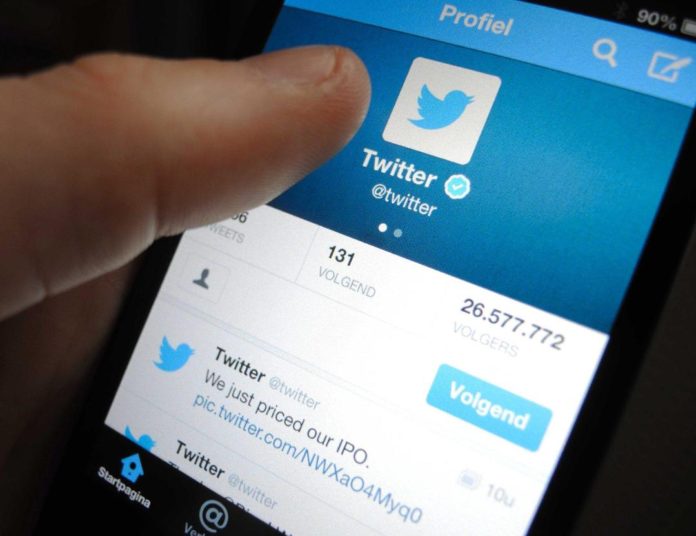“This Tweet violated the Twitter rules about glorifying violence”
Twitter has slapped President Donald Trump’s latest tweet with a public interest notice for violating its rules about glorifying violence.
The decision means people will still be able to retweet with comment, but will not be able to like, reply or retweet it.
The tweet in question read: “These THUGS are dishonoring the memory of George Floyd, and I won’t let that happen. Just spoke to Governor Tim Walz and told him that the Military is with him all the way.
Trump added: “Any difficulty and we will assume control but, when the looting starts, the shooting starts. Thank you!”

Twitter said: “This Tweet violates our policies regarding the glorification of violence based on the historical context of the last line, its connection to violence, and the risk it could inspire similar actions today.
We’ve taken action in the interest of preventing others from being inspired to commit violent acts, but have kept the Tweet on Twitter because it is important that the public still be able to see the Tweet given its relevance to ongoing matters of public importance.”
Trump’s Tweet came in response to escalating riots in Minneapolis and a number of other cities that began after the killing by a police officer of an unarmed black man, George Floyd.
Derek Chauvin, a 19-year Minneapolis police department veteran, knelt on the neck of 46-year-old Floyd for nine minutes, killing him. (Chauvin had faced three verbal reprimands for previous incidents.)
Twitter’s move this morning came amid a growing clash between the social media platform and the president.
Twitter’s decision this week to fact-check the president’s claims on its platform — where he has over 80 million followers — were met with fury by Trump, who early Friday signed an executive order designed to give regulators the power to pursue legal actions against social media firms platforms for the way they police content on their platforms.
The order is expected to face legal challenges.
In the US, a 1996 law, Section 230 of the Communications Decency Act, blocks litigants from suing providers of an “interactive computer service” for libel, saying “intermediary” website operators — from social media to blogs that let readers comment — will not be treated as the publisher.
Trump’s order contends that if a site restricts access to others’ content “in bad faith” (i.e., as he sees it, like fact-checking or restricting his tweets) and goes beyond removing the types of objectionable content detailed in the law, it should be deemed a publisher rather than a neutral platform.














